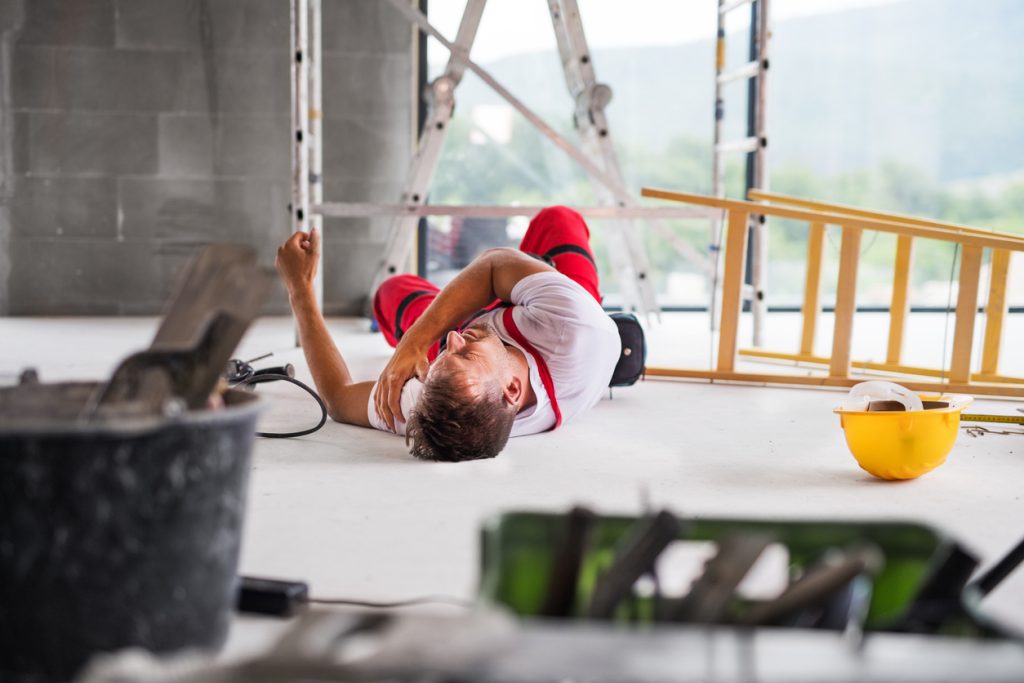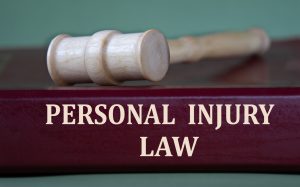Filing a personal injury claim in Michigan can be a difficult experience. Understanding the process helps you know what to expect, from gathering evidence to negotiating with insurance companies.
Working with a knowledgeable Michigan personal injury lawyer can make a significant difference. Below is a detailed overview of what to expect during each Michigan personal injury claim stage.
1. Initial Consultation with a Lawyer
Most personal injury cases begin with an initial consultation. The attorney evaluates the merits of your case and outlines the steps involved.
At the consultation, expect to discuss:
- The circumstances of the injury (e.g., car accident, slip and fall)
- Medical treatment and recovery progress
- Details on insurance coverage
- Estimated damages you may be able to claim
Almost all personal injury attorneys provide free consultations, a risk-free way to see whether they are a good fit for you.
2. Investigation and Gathering Evidence
Once you hire a lawyer, they start investigating your case thoroughly. This process involves gathering all necessary evidence to build a strong claim.
Evidence-gathering includes:
- Collecting medical records to document injuries and treatment costs
- Obtaining accident or police reports
- Interviewing witnesses for additional perspectives
- Reviewing insurance policies to understand coverage limits
- Securing photographic or video evidence
According to a recent study, cases with solid evidence are 50% more likely to result in successful settlements. Thorough documentation provided to your lawyer at the outset can expedite this process.
3. Establishing Fault and Liability
Proving fault is essential to any Michigan personal injury claim. Your lawyer will investigate the evidence to determine who was responsible for your injury. Michigan operates under a “comparative fault” rule, meaning that your compensation may be reduced proportionately if you share any responsibility for the accident.
To establish fault:
- Lawyers evaluate whether negligence played a role
- They assess if other parties (e.g., employers, property owners) share liability
- Experts may analyze accident reports to identify fault indicators
- They review Michigan’s legal standards, such as no-fault insurance laws for car accidents
Michigan’s comparative fault system means that if you’re found to be 20% responsible for an accident, your compensation will be reduced by 20%.
4. Calculating Damages
Determining the financial impact of an injury goes beyond medical bills. Michigan law allows for several categories of damages in personal injury cases, including economic and non-economic losses. Your lawyer will calculate these to present a complete picture of your damages.
Types of damages include:
- Medical expenses (past and future)
- Lost wages from missed work
- Pain and suffering related to physical and emotional trauma
- Loss of earning capacity for severe or long-term injuries
- Property damage, if applicable
According to the National Safety Council, average medical expenses after an injury can range from $5,000 to over $100,000, depending on severity. An accurate damages calculation ensures you pursue fair compensation for all losses.
5. Filing the Claim with the Insurance Company
After gathering evidence and calculating damages, your lawyer will file the claim with the responsible party’s insurance company. This step includes submitting all necessary documentation to the insurer, such as medical records, bills, and other supporting materials.
Filing involves:
- Drafting and submitting a demand letter summarizing your damages
- Presenting supporting documents that justify the claim amount
- Responding to requests from the insurance adjuster for additional information
Insurance companies often attempt to reduce claim payouts by disputing fault or challenging the extent of injuries. Having a lawyer with experience in Michigan personal injury claims helps counter these tactics.
6. Negotiating a Settlement
Negotiations typically begin once the insurance company receives your claim. Insurers often start with a low settlement offer to minimize payout amounts. Based on the evidence and calculated damages, your attorney will counter this with a more reasonable demand.
Negotiation points include:
- Counter-offering if the initial offer is too low
- Providing additional evidence to support a higher settlement
- Communicating with the adjuster to explain damages and impact
Statistically, around 95% of personal injury cases settle out of court. This negotiation stage is critical, as a successful settlement allows you to avoid the time and cost of a trial.
7. Going to Trial (If Necessary)
If the insurance company refuses fair compensation, your case may move to trial. Trials take months, but in some cases, they may be the only way to achieve fair compensation.
During trial preparation:
- Attorneys gather expert witnesses for testimony
- Mock trials or case reviews help assess arguments
- Evidence is organized to present clearly to the jury
Court cases introduce more risk and uncertainty, sometimes necessary for a just resolution. Lawyers experienced in Michigan personal injury trials guide whether to proceed with this step.
Tips for Working with Your Michigan Personal Injury Lawyer
- Maintain communication: Regularly update your lawyer about your medical condition and respond promptly to their inquiries.
- Keep all records: Document every medical appointment, therapy session, and communication with insurers.
- Follow medical advice: Follow treatment plans and medical advice to weaken your claim.
- Be patient: Personal injury claims take time. Having realistic expectations about timelines and outcomes can help alleviate stress.
Filing a Personal Injury Claim in Michigan
Filing a personal injury claim in Michigan can be complex, but knowing what to expect at each stage makes it manageable. Understanding the procedure, compiling strong evidence, and working closely with a skilled Michigan personal injury lawyer will help you get reasonable compensation. The journey may be difficult, but with the right direction, you may reach a resolution that promotes your recovery and future well-being.





















